Infamous NSA whistleblower Edward Snowden has once again weighed in on the Apple-FBI battle, this time saying that the bureau should disclose the vulnerability used to crack the San Bernardino iPhone in the interest of national cybersecurity.
Apple's attempts to compel disclosure through the court system are "proper," Snowden said during a hosted by NYU Wagner. His remarks were first by VentureBeat.
"When the FBI finds a case that is so exceptional that they have to break the security of the device to get in it, it merits these kinds of exceptional circumstances, they should try to do that," Snowden said. "At the same time, they should make sure they close the door behind them, so that the rest of us, whether we work at UNICEF or whether we work at Starbucks, are safe and don't face the same threats tomorrow."
The bureau revealed last week that it would not submit the method — for which it paid approximately $1 million — for review and possible disclosure by a federal panel. This has been widely panned by security advocates, including Snowden, who argue that the FBI has a responsibility to the public.
"They're not doing it to help [Apple], they're doing it to help the country, they're doing it to help everyone in America who uses those products, who uses those services," Snowden added.
Complicating matters is the fact that it's still unclear whether the FBI even knows what the exploit is, or if it has the legal right to disclose it. Even FBI Director James Comey is reportedly unaware of the identity of the group responsible for unlocking the device.
 ����Vlog Staff
����Vlog Staff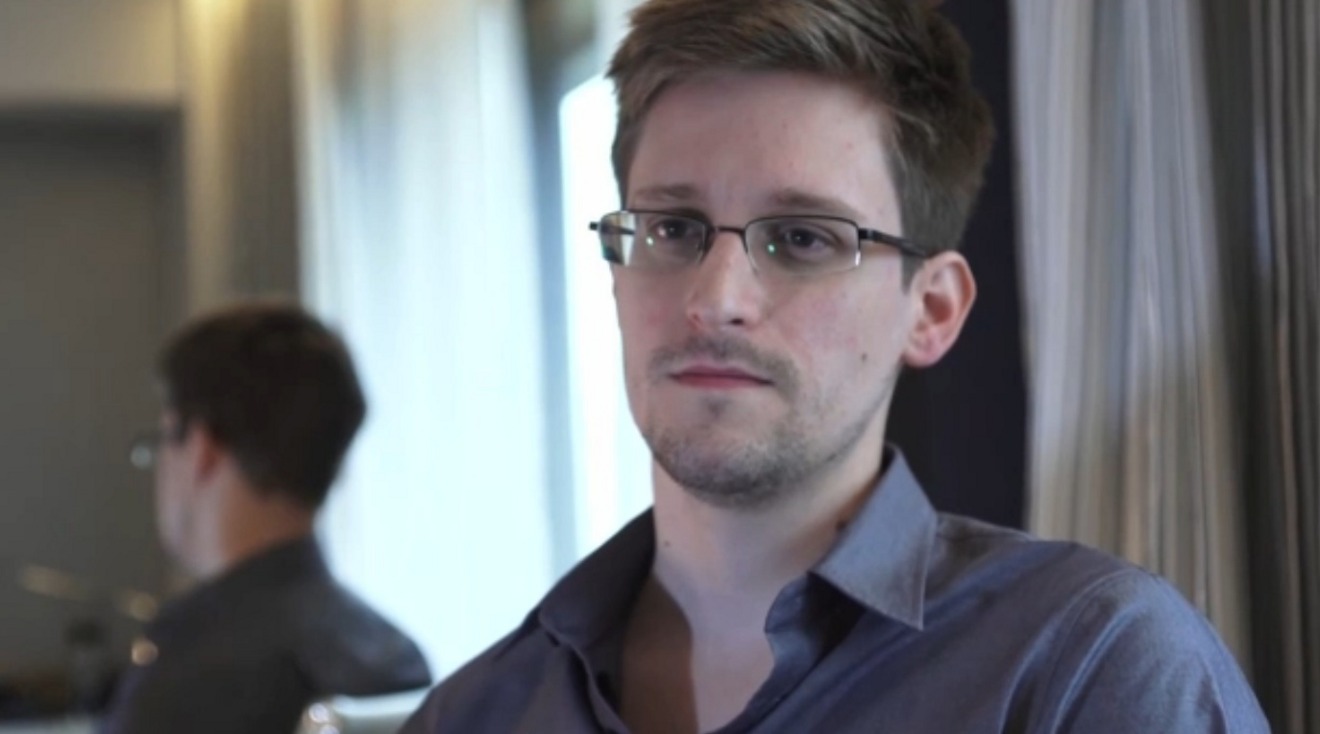
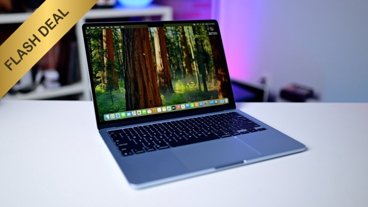
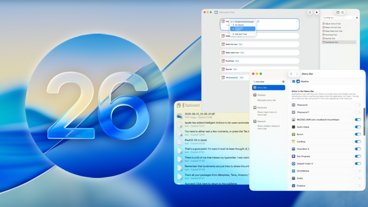

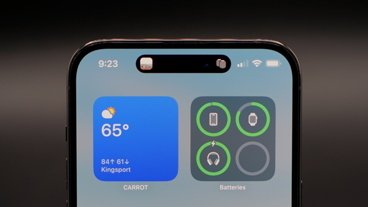
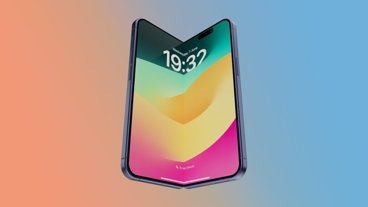



 Chip Loder
Chip Loder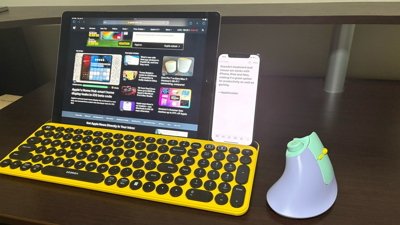
 Marko Zivkovic
Marko Zivkovic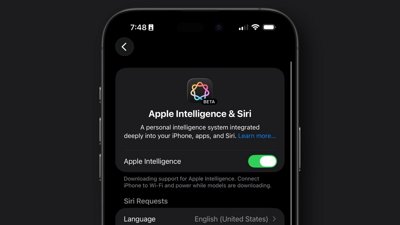
 Wesley Hilliard
Wesley Hilliard
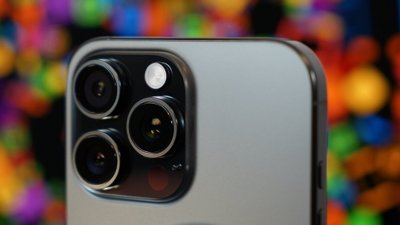
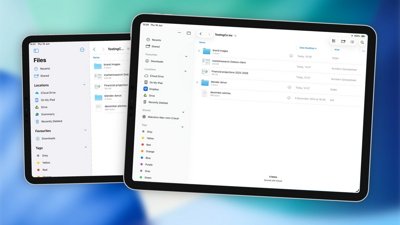
 Mike Wuerthele and Malcolm Owen
Mike Wuerthele and Malcolm Owen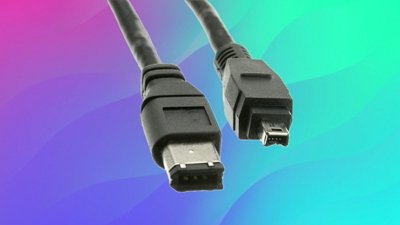

 Amber Neely
Amber Neely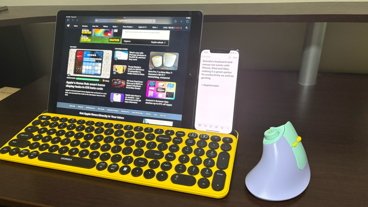
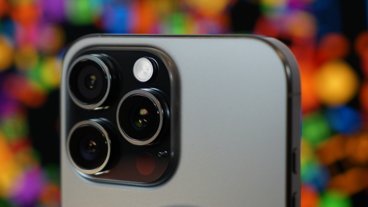
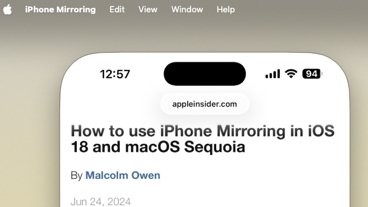
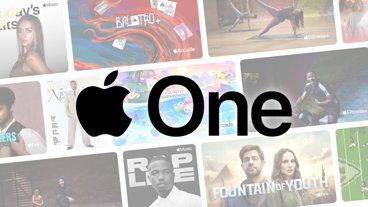
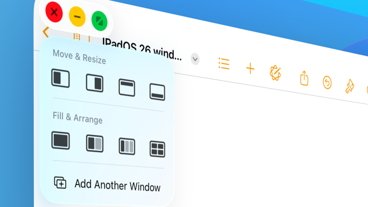



19 Comments
I don't believe that Apple should be compelled to unlock a device or put a back door in for the FBI, or any other governmental organization.
Likewise the FBI should not feel compelled to share anything with Apple.
Both Apple and the FBI have a responsibility to the public and I honestly feel that the closer they work together the worse off the public will be in the end.
FBI like presidents are above the law these days anyway.